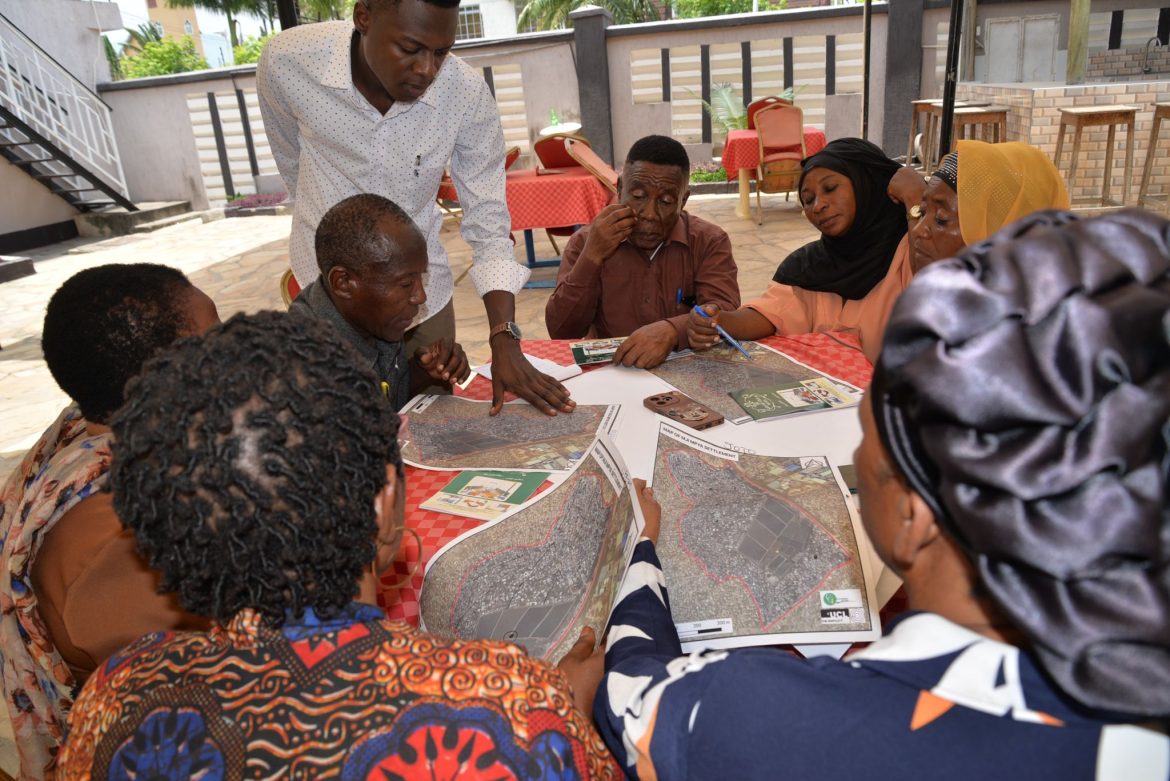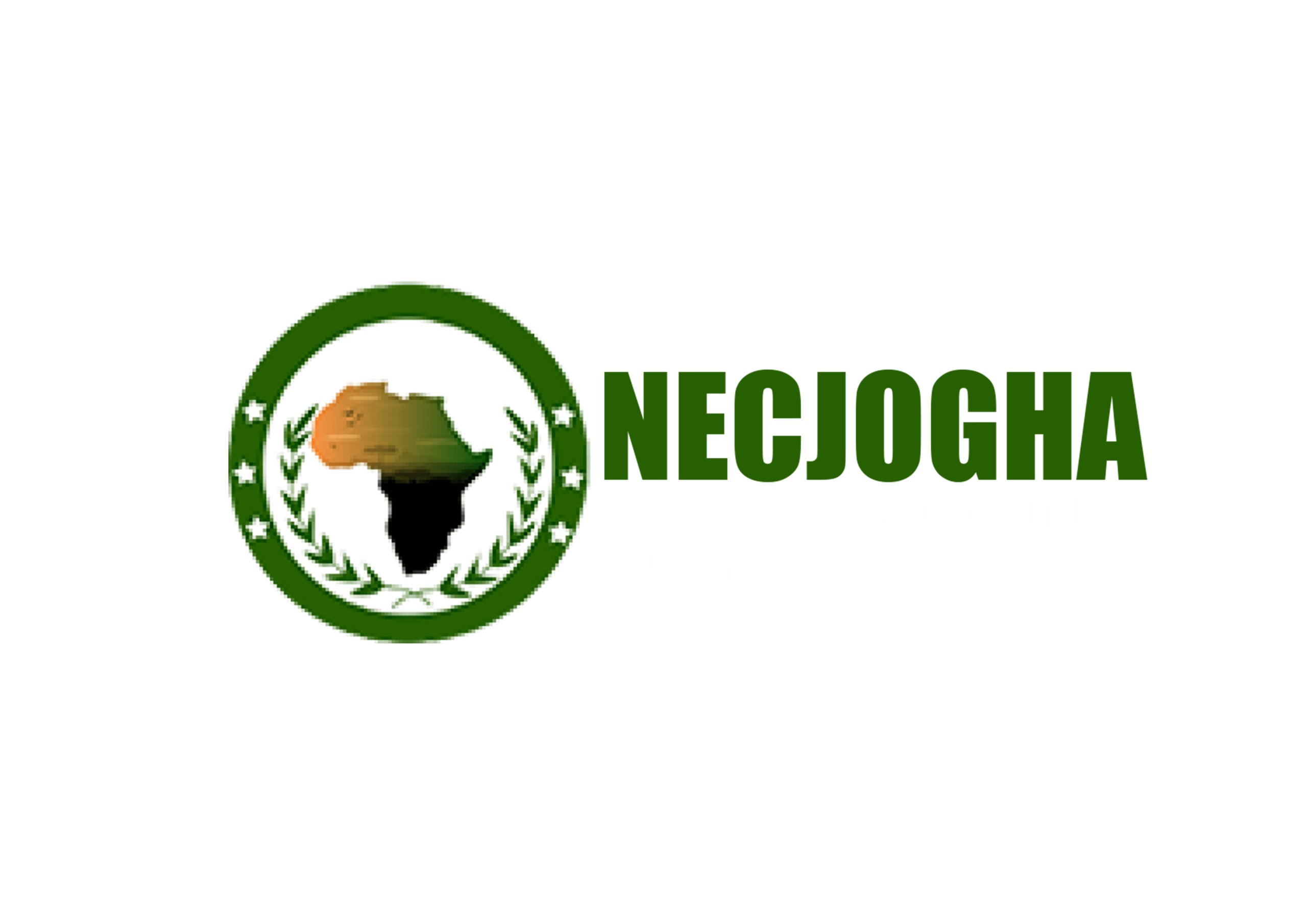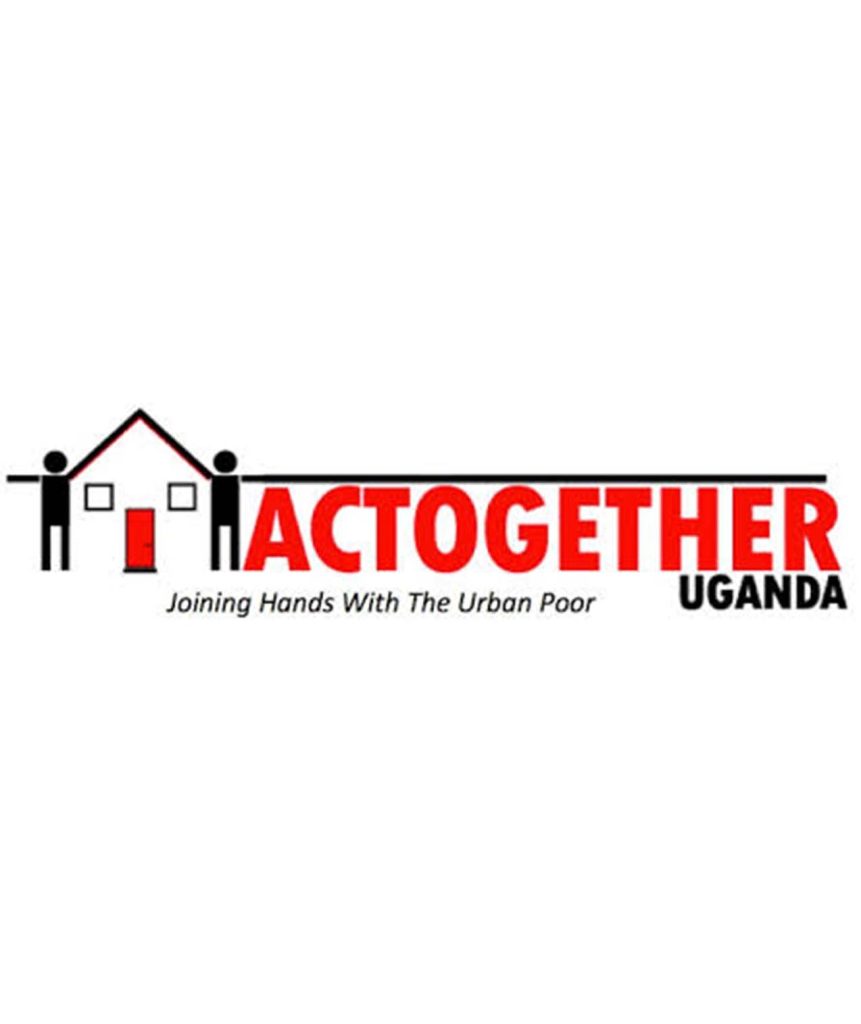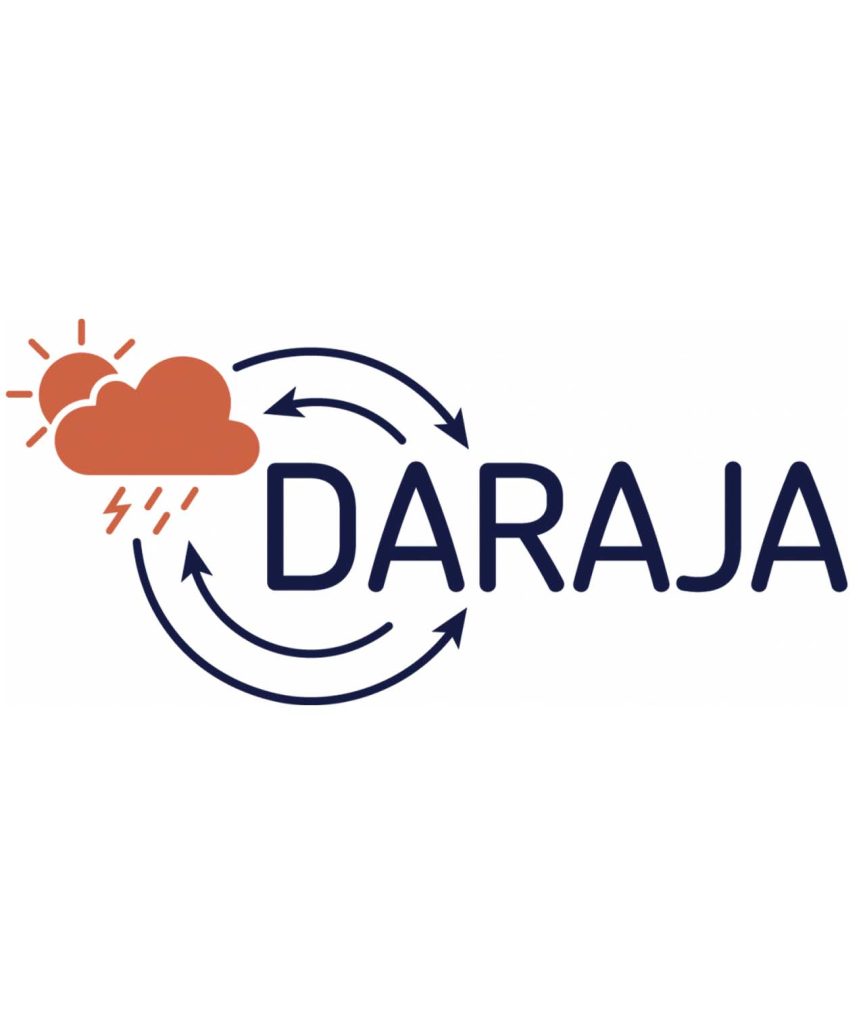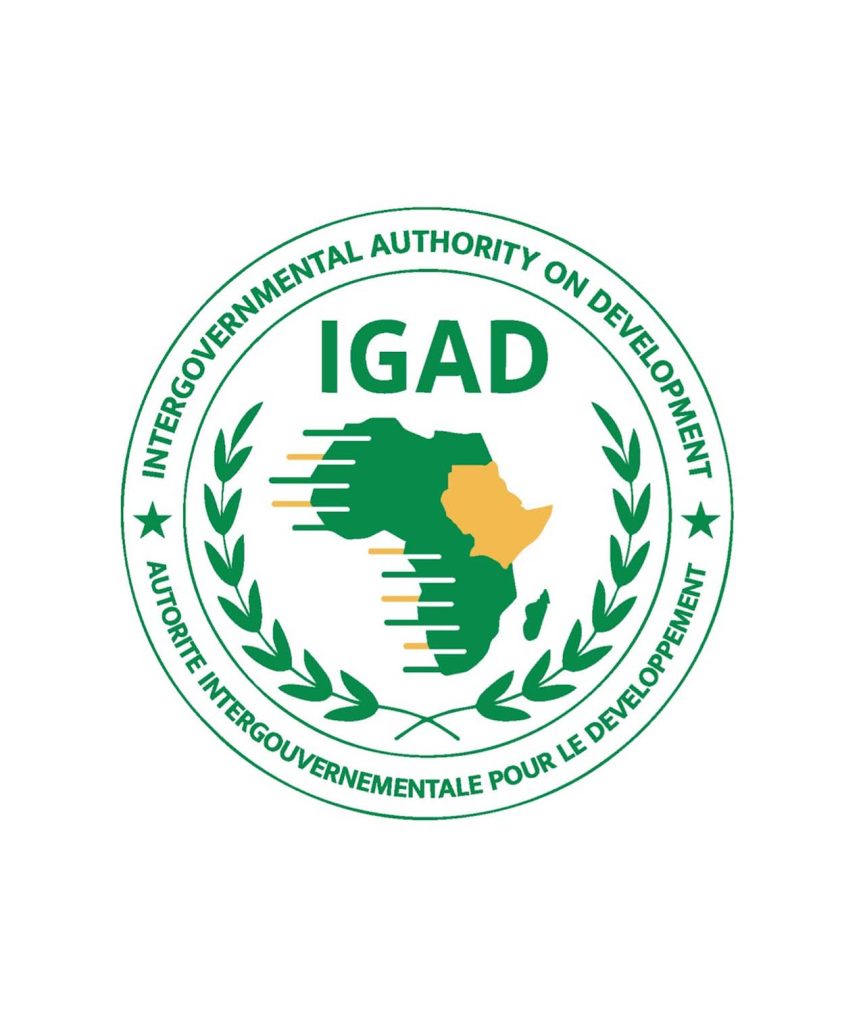By: NECJOGHA Reporter
DAR ES SALAAM – The DARAJA Project has taken a significant step forward in enhancing the resilience of Dar es Salaam’s communities against climate-related disasters. From February 27-28, 2025, the Centre for Community Initiatives (CCI) and the Tanzania Meteorological Agency (TMA) co-hosted a pivotal workshop to develop Early Action Plans, bringing together a wide range of stakeholders to proactively address risks like flooding, heatwaves, and strong winds.
The DARAJA project—an acronym for Developing Risk Awareness through Joint Action—is a specialized weather forecasting and early warning system designed specifically for residents of informal settlements. The workshop in Dar es Salaam was a key part of this initiative, aiming to translate meteorological data into actionable plans that can save lives and protect property.
During the two-day event, participants collaborated on critical strategies to protect the residents of the Mji Mpya community. The workshop was a collaborative effort, involving representatives from the Tanzania Red Cross, ForumCC, the Tanzania Federation for the Urban Poor, and Community Daraja Team, alongside local community members, municipal disaster coordinators, and local government officials from Mji Mpya.
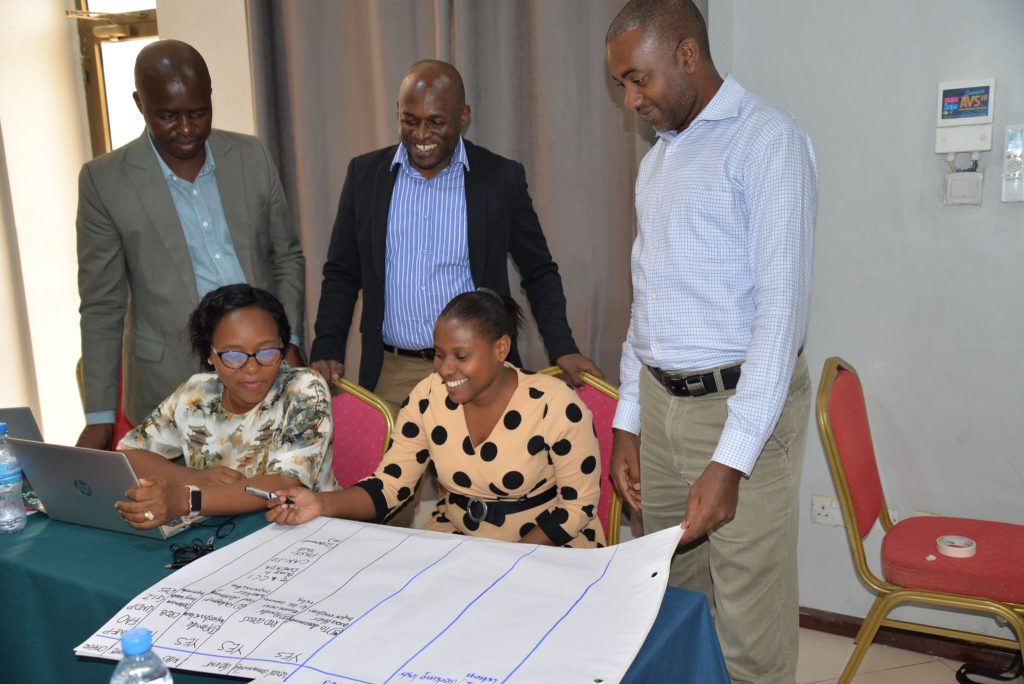
Key Highlights and Future Commitments
A major highlight of the workshop was a community-led mapping exercise. Residents from Mji Mpya identified and mapped disaster risk hotspots, along with safe evacuation areas and routes. This on-the-ground knowledge is crucial for creating effective and realistic action plans. Following this, city-level organizations, including the Red Cross, ForumCC, and TMA, worked together to complete the Early Action Plan matrix, a framework designed to streamline disaster response.
The Tanzania Meteorological Agency’s involvement was particularly critical, as they provided valuable insights into Threshold and Heat Index forecasts. In a major commitment to the project’s success, TMA pledged to enhance the existing Daraja forecast template by incorporating an additional heat forecast product. This will provide communities with more detailed and timely warnings, enabling them to take earlier preventative actions.
The success of the workshop underscores the power of bringing together diverse expertise—from scientific data provided by meteorologists to the lived experiences of community members. The DARAJA Project, supported by partners like UKaid WISER and the Lloyd’s Register Foundation Resurgence, is setting a new standard for community-based disaster preparedness in urban settings.

